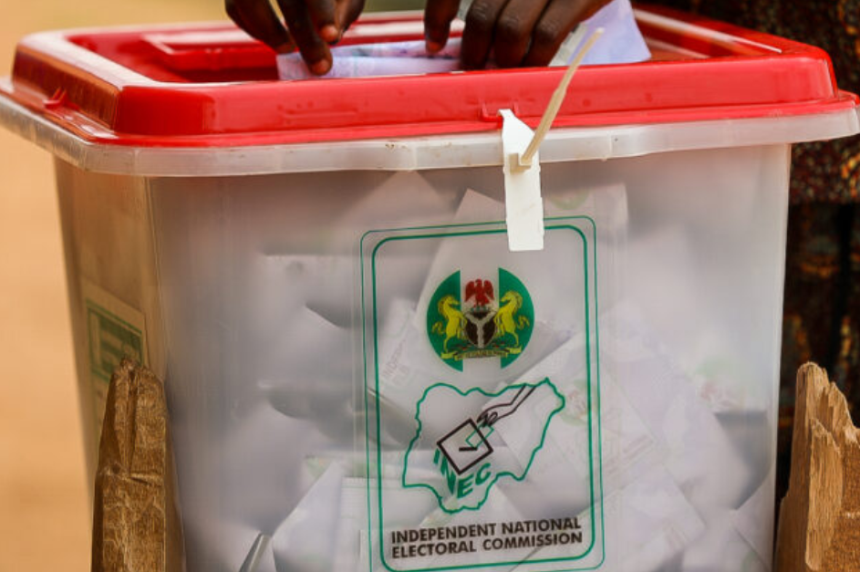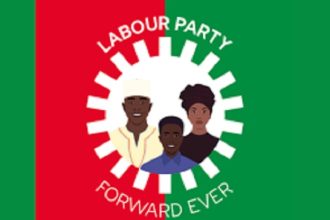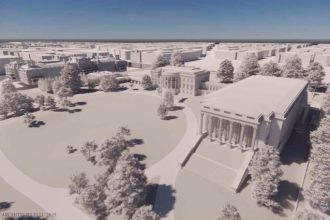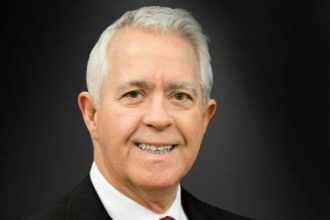A group, The Rivers Peace Initiative, has faulted criticisms against the timetable released by the Rivers State Independent Electoral Commission for the conduct of the August 30 local government election in the state.
Recall that the state chapter of the Civil Liberties Organisation and the Coalition of Civil Societies in the state had rejected the revised timetable released by the Dr Michael Odey-led commission, saying it violates the statutory provisions of 90 days minimum notice before election day.
The groups also queried the authority of the State Administrator, Ibok-Ete Ibas, whose office they say is unconstitutional to conduct the election and called on the state electoral umpire to suspend the exercise until the suspended Governor, Siminalayi Fubara, who was democratically elected by the people, is reinstated.
But the Initiative explained that the timetable released by the current RSIEC leadership is a continuation of the previous one by the commission then led by Adolphus Enebeli, which was disrupted by the state of emergency imposed on the state, insisting that the said timetable fulfils the required 90-day notice before elections.
The Convener, Obinna Ebogidi, who said this while reading the text of a news briefing titled, ‘Time to De-escalate and Restore Democratic Normalcy in Rivers State’ in Port Harcourt on Monday, noted that the outrage being generated by the revised timetable is unnecessary, saying as the prolonged political instability had taken a toll on the state in more ways than one.
Ebogidi stated, “The Rivers Peace Initiative has observed with growing concern the rising tensions surrounding the forthcoming local government election, especially following the recently published timetable by the reconstituted Rivers State Independent Electoral Commission.
“We acknowledge the concerns raised by civil society voices and political actors, particularly around legality, timelines, and transparency.
“These are valid questions in any democracy. But we must now appeal to the collective conscience of Rivers people: our state has paid too high a price—economically, socially, and institutionally—for prolonged political instability.”
While noting that it was neither endorsing RSIEC nor dismissing those who disagree with the commission’s process, the group said, “It is a sober reminder that the restoration of democratic governance at the grassroots is too vital, too urgent, to be lost in endless cycles of contention.
“Aggrieved parties have every right to seek legal redress. But let us do so in ways that uphold public trust, safeguard peace, and support the common good.
“When advocacy descends into chaos, we risk destroying the very future we claim to fight for.
“The revised RSIEC timetable, though imperfect, offers a constitutional path forward. It is a continuation of an earlier timeline interrupted by emergency disruptions. While the commission should do more to deepen public confidence, the alternative, which is a continued democratic vacuum, is far more dangerous”, Ebogidi explained.
He said Rivers people are yearning for ‘responsive’ leadership at the local level.
“They want peace, development and accountability. That process begins with credible elections—not flawless ones, but elections that represent a step forward,” he added.
Ebogidi further said the current RSIEC board was not appointed by a sole administrator, as has been widely speculated, saying the commissioners were nominated by President Bola Tinubu and screened by the National Assembly.
He said, “This is not a brand-new election timetable. It is a legal continuation of an earlier schedule that was paused during the state of emergency. RSIEC has since released detailed timelines and public notices and must continue to communicate transparently.
“The more than 30-day adjustment falls within the commission’s lawful powers, made in response to disruptions beyond its control”
To RSIEC, he appealed, “Continue to engage the public openly. Make public the voter register and build public trust through transparency and timely communication. To Civil Society Groups: Let us raise the civic conversation above antagonism. True activism builds. So, it is time to move from mere criticism to courageous participation. Hold the process accountable, yes, but also engage constructively.
“To political stakeholders: do not use civil society or public opinion to push personal interests. Rivers State needs leadership, not manipulation. It is time to prioritise healing and rebuilding.
“To the citizens: your vote is your voice. No process is perfect, but staying away will only empower chaos. Come out, vote peacefully, and protect the future of your community.”









